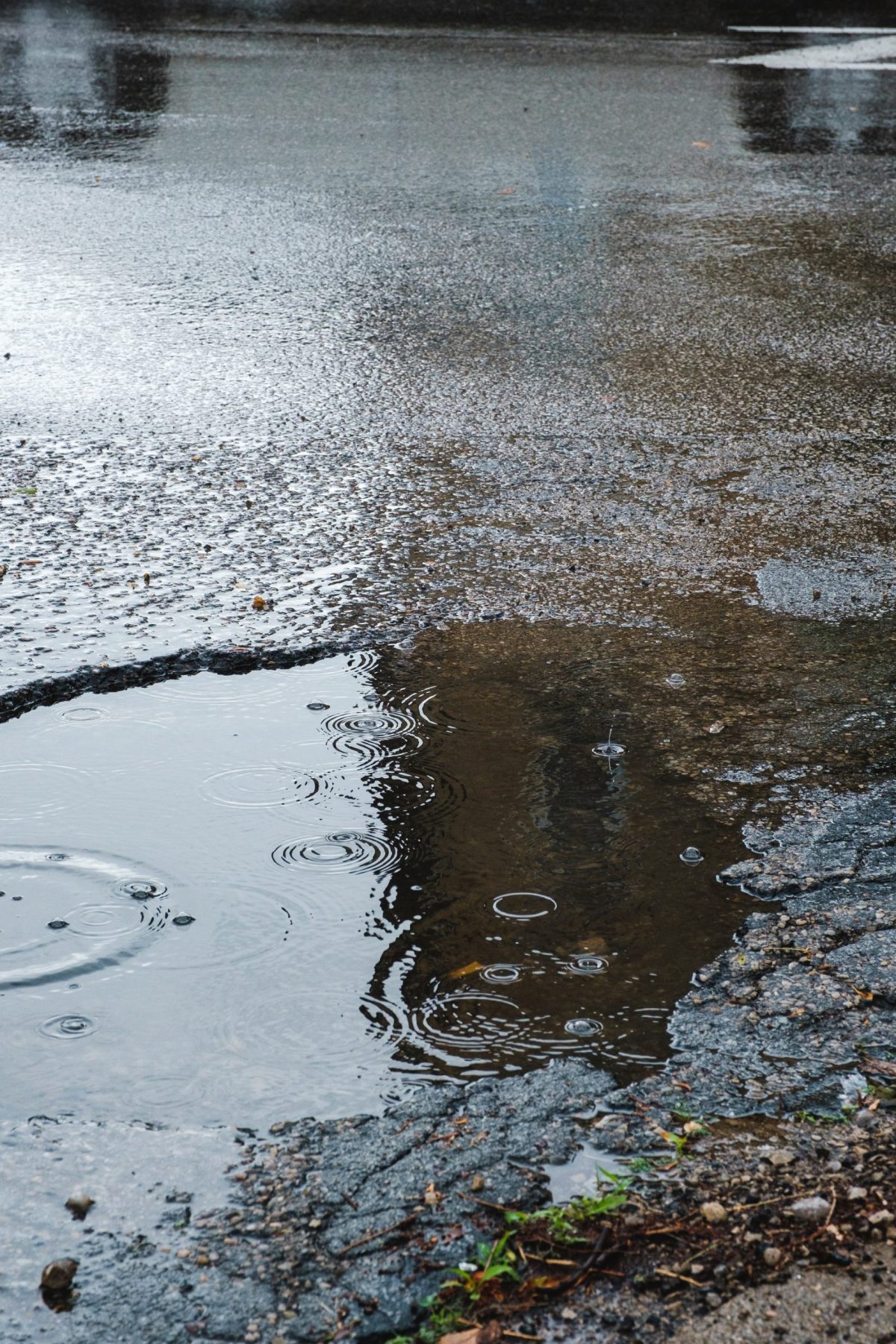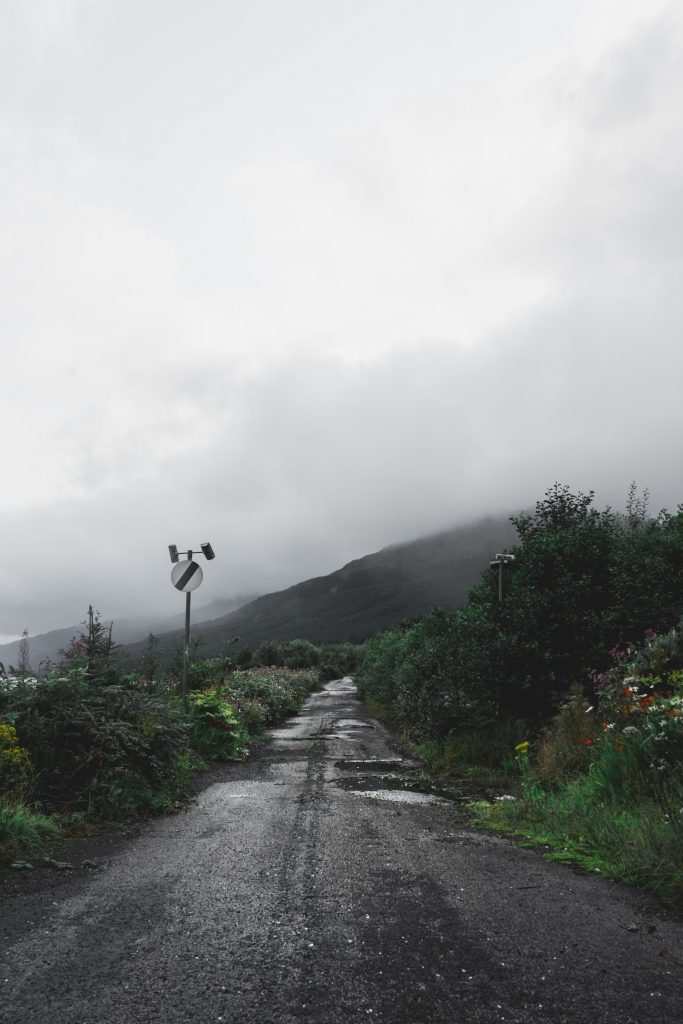
Moneyweb
Why Joburg’s roads are in such a state. It’s not so simple, except that it is.
Private sector players are filling in potholes in the hope of reducing insurance claims – leaving their logos in their wake. The Mayor of the City of Johannesburg, Dr Mpho Phalatse, admitted on Tuesday that “our city is in ruins”. She was speaking at an event at the Joburg Theatre to announce new boards for the city’s municipal entities.
The metro is unique in that it separated out most of its functions into separate companies – including Johannesburg Water, City Power, the Johannesburg Roads Agency (JRA) and Pikitup – in the early 2000s.
While some of these are functioning relatively well, others are “arguably” dysfunctional. Together, they control budgets totalling tens of billions of rands meaning they are soft targets for corruption and activities such as tender rigging.
One of the less – ahem – functional entities in the city has been JRA. After recent rains, admittedly higher than normal, the city’s roads are in a state.
Potholes, cracks and craters litter arterial and suburban routes. Worse, routine maintenance and resurfacing of roads has been spotty, at best.Moneyweb is aware of two suburban roads in northern Joburg that have been resurfaced in recent years when there are roads nearby and in other ‘regions’ of the city in far more need of urgent attention.
JOBURG’S WOES CONTINUE
There seems to be no science to the selection of roads that are in need of resurfacing. This is not confined to the so-called ‘northern’ suburbs. Take a drive through Mayfair or Bosmont, for example. The roads are literally crumbling.

The reasons for the lack of maintenance of the city’s road infrastructure are complex.
COVID
Moneyweb understands from more than one source that the JRA has not been working at full capacity. Even the JRA itself has noted this publicly. One source suggests strongly that JRA teams have been working one week on, one week off.
From the start of lockdown, the JRA was never deemed to be an ‘essential service’.
It appears, with the chaos of badly constructed regulations and Covid mitigation measures, that the JRA has largely been ignored.
This is preposterous – ratepayers are funding this. The entity may not currently be working full time, although many councillors have written to the city manager to ensure that this happens as soon as practically possible.
Until two weeks ago, there was no clarity on when full shifts will resume. This was completely astonishing, as every city entity is – and has been – working full time for the majority of the nearly two years the country has been under some level of ‘lockdown’.
MMC for Transport in the city, Funzi Ngobeni, announced on Wednesday morning that JRA depot workers return to work on a full-time basis, from today. “This follows a directive from acting city manager, Floyd Brink”. He admitted that “for almost two years, the entity has been forced to operate with two-thirds of its usual workforce of general workers”. It is unclear why the previous administration allowed this to happen.
THE LUXURUY OF ‘OUTSOURCING’ FOR ‘FREE’
In October last year, Discovery and Dialdirect “in conjunction with the city” launched the Pothole Patrol app, which would allow drivers to report potholes using geolocation data.
Of course, the JRA had an app that did the exact same thing but which became defunct due to (one presumes) the contract/tender expiring. The private sector’s motivation in filling potholes on the city’s roads in very narrow: it wants to reduce insurance claims.
Since January, not a single pothole on main arterial routes in the northern suburbs (such as William Nicol Drive) were filled by the city. The so-called ‘Pothole Patrol’ filled the gap.
Once those holes were filled, it ventured into the suburbs, such was the dire need. Every pothole filled meant an incrementally lower percentage of claims for tyre or wheel damage.
Thanks to the dysfunction of the JRA in recent months, Joburg residents now have spray-painted Discovery and Dialdirect logos strewn across roads in the city. Quid pro quo, right?
MANAGEMENT
In March last year, the city (effectively) admitted to the FM that “governance of the JRA has been an issue for years”. The problem with delegating authority for certain city functions to separate entities that residents expect – and pay for – is that those entities need to be held to account.
The current structure, with potentially compromised boards, does not lend itself to effective delivery of services.
Beyond this, there has not been stability at executive level. One hopes the new board will bring some much needed stability to this crucial entity.
TRAFFIC LIGHTS
Cable theft and – let’s face it, most likely drunk drivers – are mostly to blame for issues with traffic lights across the city. Poles are mowed down on weekends (and copper stolen) and intersections become huge traffic issues every Monday.
Some intersections, like the complex three-way junction at Hyde Park/Jan Smuts have taken about six weeks to repair recently. It is unclear why there was such a huge delay, given that the signals team is one of the “best performing” parts of the JRA.
WHOSE ROAD?
A further complication is which government entity is actually responsible for the piece of road or intersection which needs attention.
Witkoppen Road (well-known in northern Joburg) is a provincial road, for historical reasons. This means any potholes or (many) traffic signal issues at intersections require the attention of the provincial roads department.
At various points, the Gauteng government has been more and less efficient than the JRA.
Sometimes, there’s a hot potato fight about who is responsible.
Two intersections along Witkoppen Road (an easy target) remain out as the JRA is obviously not responsible and is waiting for the provincial government – with its own teams, own contractors and own sense of urgency – to attend to the matter. The one is a ‘suburban’ intersection, with a few townhouse complexes entering the main road.
One solution to this mess would be for the metros in Gauteng to assume overall ownership of all roads in their jurisdiction, given that many (often the overwhelming majority) of them are in built-up, urban areas.
Transfers from provincial budgets will enable regular proactive and reactive maintenance to occur on these routes (it is almost certain that provincial governments are not worried about such matters).
Oh, and get the whole of the JRA – and its allegedly full-capacity asphalt plant – back to work. Today.

